Go Study in Finland, Lose a Laptop, and Become a Co-Founder of an International Company
We talked to Tikhon Belousko, CPO of Resume.io, about how he became a full-stack designer from a developer and co-founder of an international company with 4.5 million registrations from yesterday's student. More so, we asked him about what is more important: doing something cool or doing something unique.
Resume constructor, Resume.io is 3.5 years old. Printing a resume on the service costs $2.95 with about 250,000 new users registering for the service per month. Tikhon does not disclose the company's income, but easily shares his life's philosophy — you just need to be a nice person to live a good life. So far, it seems that this ideology has been trouble-free.
"In Finland, my laptop was stolen. I had to make money to get a new one. So, I started freelancing"
— Tikhon, tell us first about yourself, about how you got to the Resume.io project?
— I studied Programming in the city of Rostov-on-Don at the Institute of Mechanics and Mathematics.
I mean, I attempted Programming. When I started university, my classmates had already known how to do a lot of things. I looked at them and thought, "One day, I will be able to do all of this, too."
I got a computer quite late in high school. However, I did not have a computer for the first six months of university until my parents moved to Rostov, too. I lived in a dorm and did my homework on campus.
Even at that time I was already interested in the visual part of what I was doing. Even when we did practical tasks I thought, "What interface would be suitable for this?" At that time I did not know that there were people who specialize in interfaces. I thought that programmers did it. Why would there be someone who only designs?
While studying, I got a job in the company Smartomato. They helped restaurants to make websites and organize deliveries. In Smartomato, there was no designer (there I actually understood that they do exist). It was a great reason to get into design. I could think and draw what the features would look like. However, the primary focus in the field had always been development, design only secondary.
This is still happening. In our team at Resume.io there is already a designer, but I often still do the design myself and write code for it. For example, now I am rebuilding the Resume.io blog.
— I studied Programming in the city of Rostov-on-Don at the Institute of Mechanics and Mathematics.
I mean, I attempted Programming. When I started university, my classmates had already known how to do a lot of things. I looked at them and thought, "One day, I will be able to do all of this, too."
I got a computer quite late in high school. However, I did not have a computer for the first six months of university until my parents moved to Rostov, too. I lived in a dorm and did my homework on campus.
Even at that time I was already interested in the visual part of what I was doing. Even when we did practical tasks I thought, "What interface would be suitable for this?" At that time I did not know that there were people who specialize in interfaces. I thought that programmers did it. Why would there be someone who only designs?
While studying, I got a job in the company Smartomato. They helped restaurants to make websites and organize deliveries. In Smartomato, there was no designer (there I actually understood that they do exist). It was a great reason to get into design. I could think and draw what the features would look like. However, the primary focus in the field had always been development, design only secondary.
This is still happening. In our team at Resume.io there is already a designer, but I often still do the design myself and write code for it. For example, now I am rebuilding the Resume.io blog.
After my bachelor's degree, I applied to St. Petersburg Academic University, but failed the interview. Then, I was sad for a while and decided to do my master's in Rostov-on-Don. I chose a "Computer Science" focus — a dual degree program. So, I could study abroad in Finland for a year and get a second degree there.
I have always been interested in international experiences. Throughout my childhood and primary school years, I lived in a small town, Yegorlykskaya (110 km away from Rostov-on-Don), with a population of 17,000 people. There were only three schools. I thought I knew everyone there.
At that time, I had no idea how people lived in big cities, worked for big companies, how everything was set up there, so I had a kind of thirst to see how different life could be.
I have always been interested in international experiences. Throughout my childhood and primary school years, I lived in a small town, Yegorlykskaya (110 km away from Rostov-on-Don), with a population of 17,000 people. There were only three schools. I thought I knew everyone there.
At that time, I had no idea how people lived in big cities, worked for big companies, how everything was set up there, so I had a kind of thirst to see how different life could be.
In Finland, I was at a cafe on my birthday and my backpack, laptop inside, was stolen. I had to make money to get a new one. So I started freelancing, mostly on Upwork. Upwork is so specific that in a short period of time you can do a lot of things, because first you take on a bunch of contracts in a row and then you have to keep up with everything. The projects you do there may fit while you're at uni, but they don't last.
In the meantime, I did a test task for Mathrioshka, the group there did data analysis of urban environments. They took me, and in the end, I did my scientific work with them: we analyzed the accessibility of transport in Moscow.
While I was doing my research, some dude wrote to me on Upwork. Like, "I have an idea, let's do it together." Well, I explained that I couldn't take any work, because I was overloaded at uni until the end of the spring. I rejected his message, and he couldn't write to me via Upwork. But a week later, he messaged me on Skype and said he was willing to wait until I was free. It was Menno, our Resume.io co-founder from the Netherlands.
When I returned to Rostov, we got in touch and he told me about his plans. He wanted to build a spaceship that would not take off in a quirky way. I proposed building a plane first, which would huff and puff, but fly. He liked the plan.
Since I am engaged in both design and frontend, we just needed somebody for backend. Thus, I invited my friend Alexey Taktarov, our third co-founder and CTO now. Alexey, by the way, can do frontend and even design, too. At the last meet up he talked about design, which is quite rare for a technical director.
Over the summer, we launched the first version and got our first paying customers. At that time, Resume itself had not yet paid off, but we realized that we had created something working, something that could even make money.
In the meantime, I did a test task for Mathrioshka, the group there did data analysis of urban environments. They took me, and in the end, I did my scientific work with them: we analyzed the accessibility of transport in Moscow.
While I was doing my research, some dude wrote to me on Upwork. Like, "I have an idea, let's do it together." Well, I explained that I couldn't take any work, because I was overloaded at uni until the end of the spring. I rejected his message, and he couldn't write to me via Upwork. But a week later, he messaged me on Skype and said he was willing to wait until I was free. It was Menno, our Resume.io co-founder from the Netherlands.
When I returned to Rostov, we got in touch and he told me about his plans. He wanted to build a spaceship that would not take off in a quirky way. I proposed building a plane first, which would huff and puff, but fly. He liked the plan.
Since I am engaged in both design and frontend, we just needed somebody for backend. Thus, I invited my friend Alexey Taktarov, our third co-founder and CTO now. Alexey, by the way, can do frontend and even design, too. At the last meet up he talked about design, which is quite rare for a technical director.
Over the summer, we launched the first version and got our first paying customers. At that time, Resume itself had not yet paid off, but we realized that we had created something working, something that could even make money.
Alexey Taktarov
— Why did Menno pick you out of a lot of developers? Why was he willing to wait?
— Good question. I haven't asked him, by the way.
Well, I'm pretty nerdy. I'm sure all the things you do need to be done carefully. Such features can not be appreciated when you're a kid, but come in handy when you've grown up.
In geography class, we had an assignment to draw warm and cold currents on contour maps. I spent a lot of time drawing straight arrows, just like in an atlas. The next day I show the teacher, I get maximum points, and then the dude with arrows somehow drawn with a pen gets the same. Well, something like this apparently happened at Upwork in April 2015, when Menno messaged me.
That's how I feel about everything. If we do Resume.io, then our service should be the coolest. If I'm making a portfolio, I'll look at the best examples. Often what is beautiful is actually just neat. I'm not a designer who does super original things, I'm someone who does functional and neat. That's how I designed my portfolio. I also had good reviews.
In the Autumn that I returned from Finland, after we had already launched Resume.io, I presented at a conference with such a strange topic like "How to live?" or "How to be?", something philosophical. For an hour and a half, I talked about how everybody just needs to be a nice person to live a good life. They need to be kind, responsible, communicate properly with people, and stuff like that. Actually, I still think this way.
— Good question. I haven't asked him, by the way.
Well, I'm pretty nerdy. I'm sure all the things you do need to be done carefully. Such features can not be appreciated when you're a kid, but come in handy when you've grown up.
In geography class, we had an assignment to draw warm and cold currents on contour maps. I spent a lot of time drawing straight arrows, just like in an atlas. The next day I show the teacher, I get maximum points, and then the dude with arrows somehow drawn with a pen gets the same. Well, something like this apparently happened at Upwork in April 2015, when Menno messaged me.
That's how I feel about everything. If we do Resume.io, then our service should be the coolest. If I'm making a portfolio, I'll look at the best examples. Often what is beautiful is actually just neat. I'm not a designer who does super original things, I'm someone who does functional and neat. That's how I designed my portfolio. I also had good reviews.
In the Autumn that I returned from Finland, after we had already launched Resume.io, I presented at a conference with such a strange topic like "How to live?" or "How to be?", something philosophical. For an hour and a half, I talked about how everybody just needs to be a nice person to live a good life. They need to be kind, responsible, communicate properly with people, and stuff like that. Actually, I still think this way.
Alexey Taktarov, Ryan Hoover (founder of ProductHunt) and Tikhon Belousko at ProductSense
— How did Alexey appear in this story? How did you meet?
— We became friends in university, because we had similar views on being calm and collected and doing things neatly.
He was interested in JavaScript and enthusiastically told me what you can do in it. Then he recommended me to Smartomato, we worked together, spoke at meetups. Then Alexey created Code Hipsters — a community of programmers.
— We became friends in university, because we had similar views on being calm and collected and doing things neatly.
He was interested in JavaScript and enthusiastically told me what you can do in it. Then he recommended me to Smartomato, we worked together, spoke at meetups. Then Alexey created Code Hipsters — a community of programmers.
"We promised him that we would do everything the best way, and leave no trace of any competitors. So, we kept our word"
— Why are you interested in Menno's idea? A resume constructor is not a rocket, but rather a new bicycle, after all.
— I had trivial, selfish goals. I had just returned to Rostov, wanted to freelance a lot, still didn't have big plans. Remote work in Rostov is bliss. You work for people sitting in offices far away and they pay you in dollars, you pay just 6% in taxes, and live happily ever after.
When we launched the first version of Resume.io, the project didn't have the money to keep Alex and me full-time. We spent a year doing other projects until Resume.io became profitable.
— How did you go from hired developers to co-founders?
— I did the entire design, Alex — the entire backend, frontend we did together. Then we just decided to talk to Menno about our status in the project. It was a year after the start, when we returned to full-time work in Resume.io. Since then, we have been listed co-founders.
— Why is the Netherlands the main market? Did this tool not exist there before?
— Menno was convinced that it was necessary for someone. He already had his resume constructor for the local Dutch market. In the Netherlands, if you receive any correspondence, and you want to unsubscribe from it, you can only do it by sending a special letter. Menno made a service that could generate this letter, you just need to put it in an envelope. It was his first product: a service for generating some documents intended for printing.
The second service he made was a resume builder. The developer built his service completely in WordPress, for the local market, it was impossible to scale it. When Menno came to me, everything was falling apart, and competitors had already started to appear. They copied the whole idea and made it better. We promised him that we would do everything the best way and leave no trace of any competitors. So, we kept our word.
— I had trivial, selfish goals. I had just returned to Rostov, wanted to freelance a lot, still didn't have big plans. Remote work in Rostov is bliss. You work for people sitting in offices far away and they pay you in dollars, you pay just 6% in taxes, and live happily ever after.
When we launched the first version of Resume.io, the project didn't have the money to keep Alex and me full-time. We spent a year doing other projects until Resume.io became profitable.
— How did you go from hired developers to co-founders?
— I did the entire design, Alex — the entire backend, frontend we did together. Then we just decided to talk to Menno about our status in the project. It was a year after the start, when we returned to full-time work in Resume.io. Since then, we have been listed co-founders.
— Why is the Netherlands the main market? Did this tool not exist there before?
— Menno was convinced that it was necessary for someone. He already had his resume constructor for the local Dutch market. In the Netherlands, if you receive any correspondence, and you want to unsubscribe from it, you can only do it by sending a special letter. Menno made a service that could generate this letter, you just need to put it in an envelope. It was his first product: a service for generating some documents intended for printing.
The second service he made was a resume builder. The developer built his service completely in WordPress, for the local market, it was impossible to scale it. When Menno came to me, everything was falling apart, and competitors had already started to appear. They copied the whole idea and made it better. We promised him that we would do everything the best way and leave no trace of any competitors. So, we kept our word.
From the very beginning, we built the architecture taking into account scalability in different countries. We have several local services under separate domains to be better indexed in local search engines: in Finland, Norway, Denmark, Spain, France, Italy, Poland. Resume.io — is our international one, we use it for the United States.
A lot of traffic comes from recommendations on how to make a resume. We translate these tips and localize them for different countries, while taking into account the peculiarities.
At first, we were surprised that someone needed resumes. But, Menno convinced us that the need wasn't going to die down anytime soon. For example, for the Russian market, having such a service doesn't make sense. There is no resume culture, and employers get all the information they need from LinkedIn profiles. In Germany, for example, we are also not represented, there is a standardized resume format.
— Still, how long is the story for a paper resume? How do you plan to improve the project?
— We understand that the resume constructor isn't an eternal thing, and therefore, in the future, we want to make not only resumes for users, but also to accompany them in their job searches and after. For example, we did a job tracker, it's a Kanban board with jobs that you applied for and you can write notes there. We are still thinking about how to integrate it with us and the sites where job vacancies are posted.
We love experiments, but the main focus now is to make a really cool resume constructor. This is our money maker, people come for this, now we see that they are not so interested in further interactions.
We looked at the analytics, the most common profession that applies to our service is waiters. It is clear that they hardly need job tracking. On the other hand, just behind waiters are web developers, so our new features could be useful for them.
We also have a free option to "share resume". You only pay if you want to see analytics, like how many people have clicked the link.
A lot of traffic comes from recommendations on how to make a resume. We translate these tips and localize them for different countries, while taking into account the peculiarities.
At first, we were surprised that someone needed resumes. But, Menno convinced us that the need wasn't going to die down anytime soon. For example, for the Russian market, having such a service doesn't make sense. There is no resume culture, and employers get all the information they need from LinkedIn profiles. In Germany, for example, we are also not represented, there is a standardized resume format.
— Still, how long is the story for a paper resume? How do you plan to improve the project?
— We understand that the resume constructor isn't an eternal thing, and therefore, in the future, we want to make not only resumes for users, but also to accompany them in their job searches and after. For example, we did a job tracker, it's a Kanban board with jobs that you applied for and you can write notes there. We are still thinking about how to integrate it with us and the sites where job vacancies are posted.
We love experiments, but the main focus now is to make a really cool resume constructor. This is our money maker, people come for this, now we see that they are not so interested in further interactions.
We looked at the analytics, the most common profession that applies to our service is waiters. It is clear that they hardly need job tracking. On the other hand, just behind waiters are web developers, so our new features could be useful for them.
We also have a free option to "share resume". You only pay if you want to see analytics, like how many people have clicked the link.
— Tell us about the Resume.io team. How big are you now?
— There's ten of us. Five in Russia, a product team, and another five in the Netherlands: CEO, support, and marketing.
— Do you have no desire to move to the Netherlands? To sit in one office all together?
— Resume.io is based in the small, quiet town of Breda. 170,000 people live there. It's not Amsterdam. It's like seeing Pinterest Europe: a balanced life, all on bicycles. But there is nothing going on, there are no events for developers or designers. There is more activity in Rostov, and much more in Moscow, of course.
— Your part of the team is remote, right? But you rent an office, don't you?
— We have an office in Rostov, but the company is remote-first. We set up processes so that everyone can work from home or from anywhere. There is also a coworking space for employees in Moscow, but they do not always go there.
— There's ten of us. Five in Russia, a product team, and another five in the Netherlands: CEO, support, and marketing.
— Do you have no desire to move to the Netherlands? To sit in one office all together?
— Resume.io is based in the small, quiet town of Breda. 170,000 people live there. It's not Amsterdam. It's like seeing Pinterest Europe: a balanced life, all on bicycles. But there is nothing going on, there are no events for developers or designers. There is more activity in Rostov, and much more in Moscow, of course.
— Your part of the team is remote, right? But you rent an office, don't you?
— We have an office in Rostov, but the company is remote-first. We set up processes so that everyone can work from home or from anywhere. There is also a coworking space for employees in Moscow, but they do not always go there.

— How did you find people for your team? What criteria distinguishes people when hiring in a remote-first-company?
— Mostly we find people through networking. You can understand how the developer worked before, by asking colleagues about them. Remote work experience is desirable (ideally, experience in a product company), it means that this person can organize themselves.
We are wary of pure freelancers. They are often unreliable employees who are difficult to get in touch with when you need to.
The hardest was the designer search, because the entirety of our communication circle is developers. In the end, we found a designer at 6nomads.
We try not to recruit more people than we really need. A compact team means easy communications. We appreciate that we can make all of our decisions quickly; we do not need any multi-stage discussions with a bunch of people.
— And what is a stop signal in hiring for you?
— One candidate asked us how we track time, how we would monitor his work. We don't have that at all. There is a goal, there is a product, everyone knows the task for the next quarter, and hits this point. We are about proactivity and independence. In such moments, it immediately becomes clear that the candidate and we think in completely different categories.
— Do you agree that soft skills are especially important in distributed teams?
— Soft skills are very important. For example, there are no managers on our team.
— What do you practice in a team? Standups, face-to-face? What traditions did you form?
— Mostly we find people through networking. You can understand how the developer worked before, by asking colleagues about them. Remote work experience is desirable (ideally, experience in a product company), it means that this person can organize themselves.
We are wary of pure freelancers. They are often unreliable employees who are difficult to get in touch with when you need to.
The hardest was the designer search, because the entirety of our communication circle is developers. In the end, we found a designer at 6nomads.
We try not to recruit more people than we really need. A compact team means easy communications. We appreciate that we can make all of our decisions quickly; we do not need any multi-stage discussions with a bunch of people.
— And what is a stop signal in hiring for you?
— One candidate asked us how we track time, how we would monitor his work. We don't have that at all. There is a goal, there is a product, everyone knows the task for the next quarter, and hits this point. We are about proactivity and independence. In such moments, it immediately becomes clear that the candidate and we think in completely different categories.
— Do you agree that soft skills are especially important in distributed teams?
— Soft skills are very important. For example, there are no managers on our team.
— What do you practice in a team? Standups, face-to-face? What traditions did you form?
— We have no regulations, everything just lines up intuitively.
Video standups, yes. At some point we started to do meetings by text, like this week we're going to do this, this, and this. But, after a couple of weeks, people started complaining, asking about colleagues.
Then we realized that standups are needed, and this is not a thing that needs to be optimized.
We do co-founder calls, quarterly status calls, where we show a presentation that was made in this quarter, what was planned, and what successes have been achieved.
Video standups, yes. At some point we started to do meetings by text, like this week we're going to do this, this, and this. But, after a couple of weeks, people started complaining, asking about colleagues.
Then we realized that standups are needed, and this is not a thing that needs to be optimized.
We do co-founder calls, quarterly status calls, where we show a presentation that was made in this quarter, what was planned, and what successes have been achieved.

We also use a questionnaire for employees, asking them about how they work, what they would like to improve, whether they are satisfied with their salary. We want to provide a comfortable working life for all of us, because the team is small and we chose each other for a reason.
"The main task is to make cool things, not to make something unique"
— You call yourself a full-stack designer. For those who believe that full-stacks are basically a myth and you can do only one thing well, your statement sounds presumptuous, if not brazen. How does it all work out? Is everyone on your team like that?
— Well, now I'm working on a project where I'm responsible for design, frontend, and backend, too. I want to completely erase all boundaries and not be attached to titles or call myself just a doer.
Although, in the past this multi-functionality was a source of anxiety: I didn't understand how to position myself, in what direction I should develop my skills. This problem is very easy to solve — when you work on your product, you can do everything and it's the most exciting part.
Such skills, in fact, are needed in many places. I know that Notion, for example, hires designers who program. They appreciate it. However, it is difficult to look for that kind of person, therefore when we are looking for people for the team, we do not put a full-stack condition. But, in small startups, when three people are trying to launch their product, it is super valuable if everyone knows how to do everything, because the speed things are moving at is incredible.
At Resume.io we cultivate "full-stackness", so that people are not afraid to come up with a scenario without a designer or add something on the backend.
— Well, now I'm working on a project where I'm responsible for design, frontend, and backend, too. I want to completely erase all boundaries and not be attached to titles or call myself just a doer.
Although, in the past this multi-functionality was a source of anxiety: I didn't understand how to position myself, in what direction I should develop my skills. This problem is very easy to solve — when you work on your product, you can do everything and it's the most exciting part.
Such skills, in fact, are needed in many places. I know that Notion, for example, hires designers who program. They appreciate it. However, it is difficult to look for that kind of person, therefore when we are looking for people for the team, we do not put a full-stack condition. But, in small startups, when three people are trying to launch their product, it is super valuable if everyone knows how to do everything, because the speed things are moving at is incredible.
At Resume.io we cultivate "full-stackness", so that people are not afraid to come up with a scenario without a designer or add something on the backend.
— In one speech in 2017, you said: "The main task is to make cool things, not to make something unique". Do you still think so?
— I'm in the process of rethinking. I'm still doing cool, not unique. Now I am working on my side-project, a piece similar to Calendly. I know that when I make it, it will not be like everything that exists, but the essence and functionality are still not unique.
I'm not shy about copying, I learned a lot this way. However, if you only copy others, you can never do better than them. "Take the best and use it" approach is exhausted as you grow. I want to be the one who stands at the forefront, who does what others will look at and use.
I also learned that when you have a great team around you, you can do anything. Attracting awesome people, making them want to be around — that's something really worthwhile, in my opinion, all big things begin with that. I'm hitting that spot, trying to surround myself with cool people that we can grow with and do something great together.
I want to do something big. Like Resume.io x 10 or Resume.io x 100. To have a lot of people in it, such a small state. I don't know what it will be yet. But, experience shows that if there is even a vague goal, then you will reach it sooner or later.
— I'm in the process of rethinking. I'm still doing cool, not unique. Now I am working on my side-project, a piece similar to Calendly. I know that when I make it, it will not be like everything that exists, but the essence and functionality are still not unique.
I'm not shy about copying, I learned a lot this way. However, if you only copy others, you can never do better than them. "Take the best and use it" approach is exhausted as you grow. I want to be the one who stands at the forefront, who does what others will look at and use.
I also learned that when you have a great team around you, you can do anything. Attracting awesome people, making them want to be around — that's something really worthwhile, in my opinion, all big things begin with that. I'm hitting that spot, trying to surround myself with cool people that we can grow with and do something great together.
I want to do something big. Like Resume.io x 10 or Resume.io x 100. To have a lot of people in it, such a small state. I don't know what it will be yet. But, experience shows that if there is even a vague goal, then you will reach it sooner or later.

Did you like this article?
18 November / 2019





